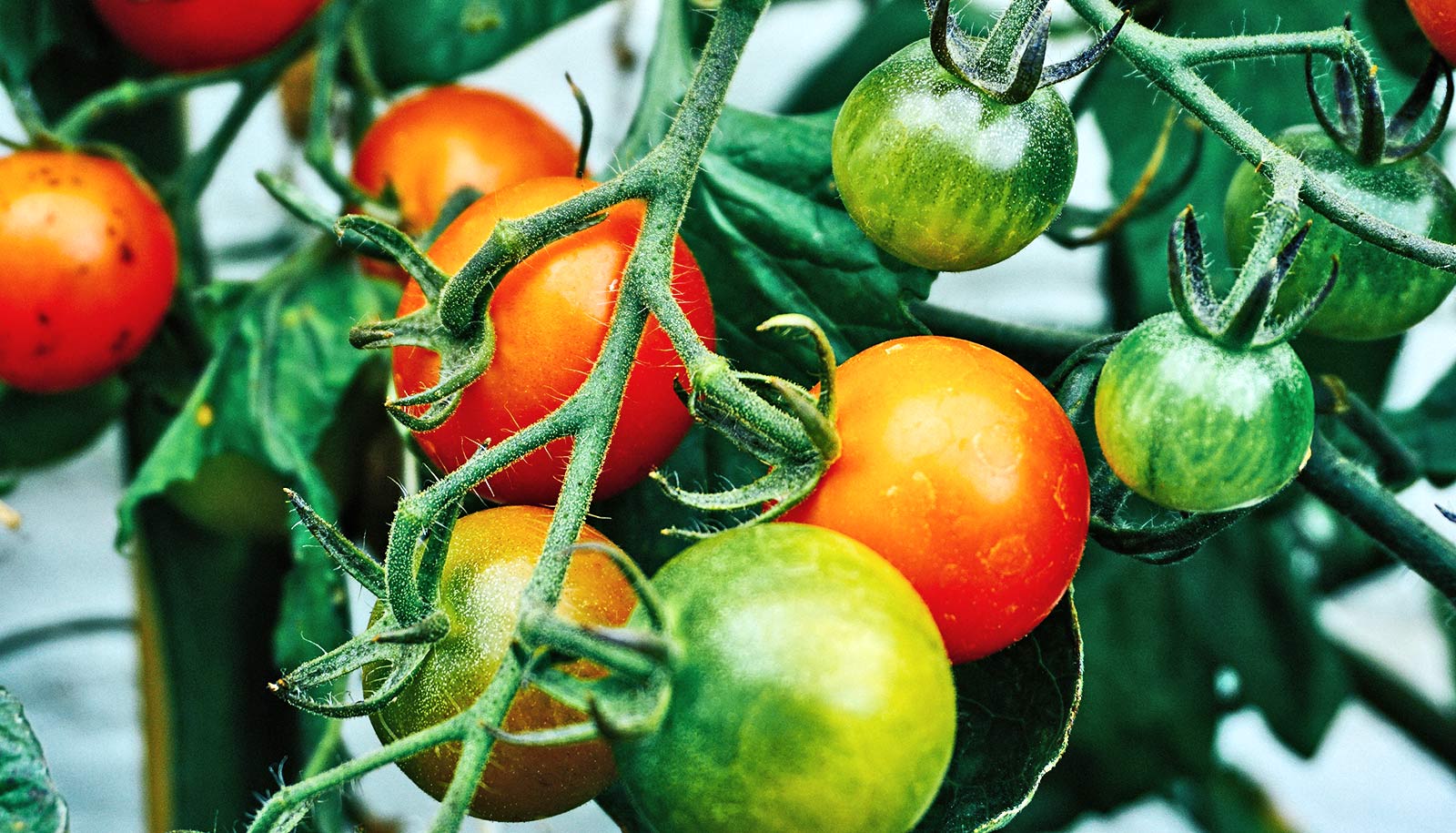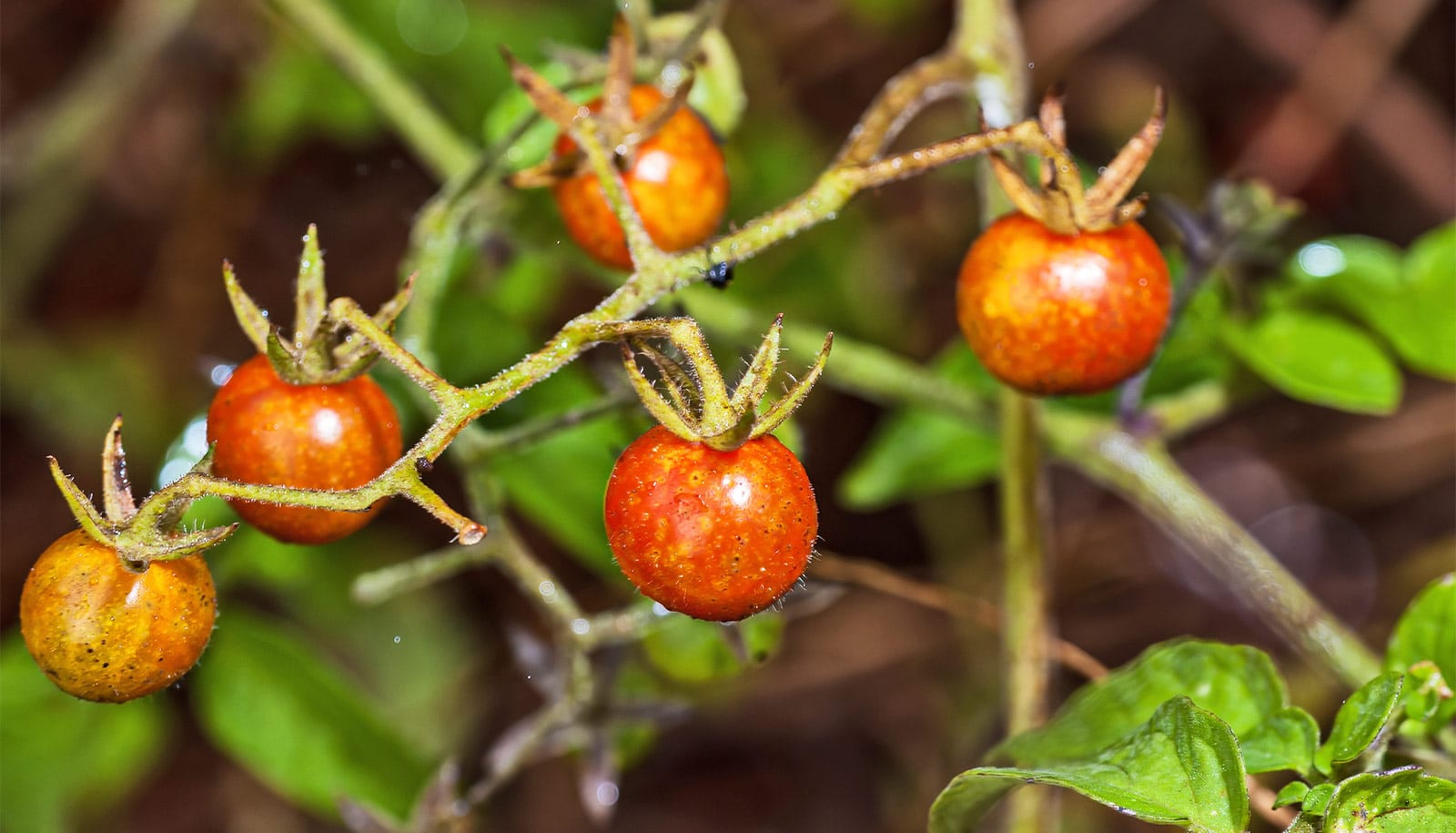Researchers have developed a genetic control system that would enable plants to strengthen their defense response against deadly pathogens.
When pathogens attack crop plants, they obtain energy and nutrients from the plant but also target the plant’s immune response, weakening defense, and making the plants more vulnerable.
“Minimizing crop waste is obviously an essential part of creating a more sustainable food system.”
“Disease, drought, and extreme temperatures cause significant yield losses in crop plants all over the globe, threatening world food security,” says Declan Bates, professor of bioengineering at the University of Warwick’s School of Engineering.
“It is therefore crucial to explore new ways to develop crops that are resilient to pathogen attacks and can maintain yields in challenging environments. This study shows the enormous potential of using feedback control to strengthen plants’ natural defense mechanisms,” says Bates.
Building on experimental data that Katherine Denby from the University of York generated, researchers simulated a pathogen attack in Arabidopsis plants, and modeled a way to rewire the plants’ gene network, creating a defensive feedback control system to combat disease—which works in much the same way as an aircraft autopilot.
Just as an aircraft’s autopilot control system detects disturbances like wind gusts or turbulence and acts to reject them, this new plant control system detects a pathogen attack, and prevents the pathogen weakening the plants’ defense response.
This method could render crops more resilient against disease, helping mitigate crop wastage throughout the world. Since the system can be implemented by re-wiring plants’ natural defense mechanisms, no external genetic circuitry needs to be added.
Computer model can tell farmers what crops to plant
“Minimizing crop waste is obviously an essential part of creating a more sustainable food system. What is exciting here is applying engineering principles to plant biology to predict how to re-design plant gene regulation to enhance disease resistance. We use re-wiring of existing genes in the plant to prevent pathogen manipulation,” says Denby, professor of sustainable crop production and director of the N8 AgriFood Resilience Programme at the University of York.
The next steps of the research will be to take the theory into the lab, and experimentally implement the defensive feedback control system in plants.
Source: University of Warwick



